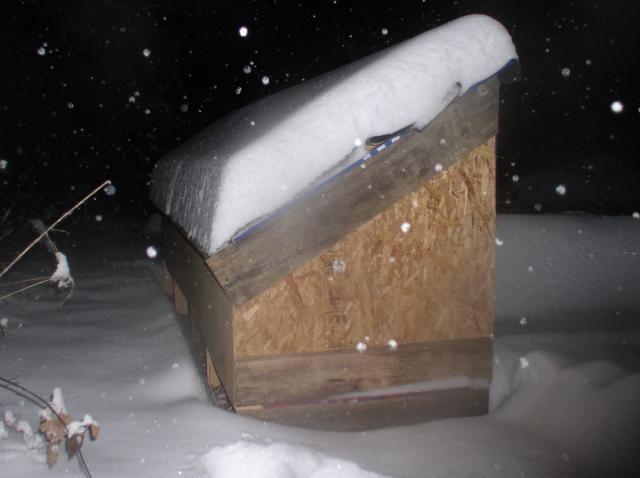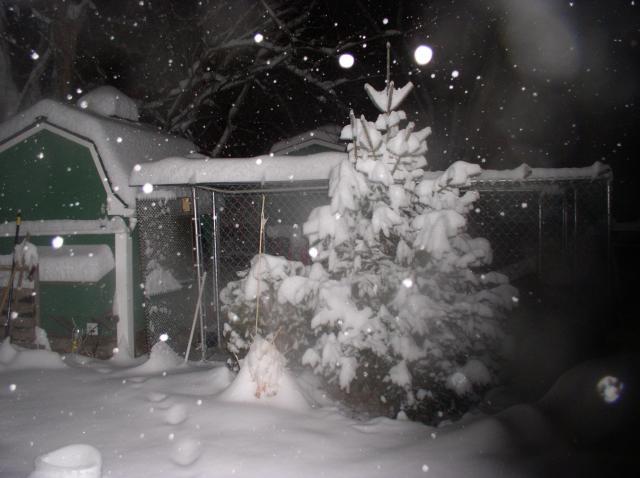- Thread starter
- #11
Quote:
good advice
I use flourescent but will probably switch to the rope lights. Last year when it got real cold and flourescent wouldn't work I switched to incandescent.
It's better to start early and let the day end when it ends.
It can work either way though. I have a timer like yours(2/4/6/8 hours after dusk) It worked for me.
When they realize the light goes out abruptly they roost early. I watch them the first few days when lights go out and use a flashlight to help them find the way.
I use evening light with the coops that have roosters so they don't start crowing at 4AM.
If I were to add the light at the beginning of the day and need to extend by 5 hrs..the lights would then come on at like 2 or 3 in the morning-would this work or be detrimental?
good advice
I use flourescent but will probably switch to the rope lights. Last year when it got real cold and flourescent wouldn't work I switched to incandescent.
It's better to start early and let the day end when it ends.
It can work either way though. I have a timer like yours(2/4/6/8 hours after dusk) It worked for me.
When they realize the light goes out abruptly they roost early. I watch them the first few days when lights go out and use a flashlight to help them find the way.
I use evening light with the coops that have roosters so they don't start crowing at 4AM.
If I were to add the light at the beginning of the day and need to extend by 5 hrs..the lights would then come on at like 2 or 3 in the morning-would this work or be detrimental?



